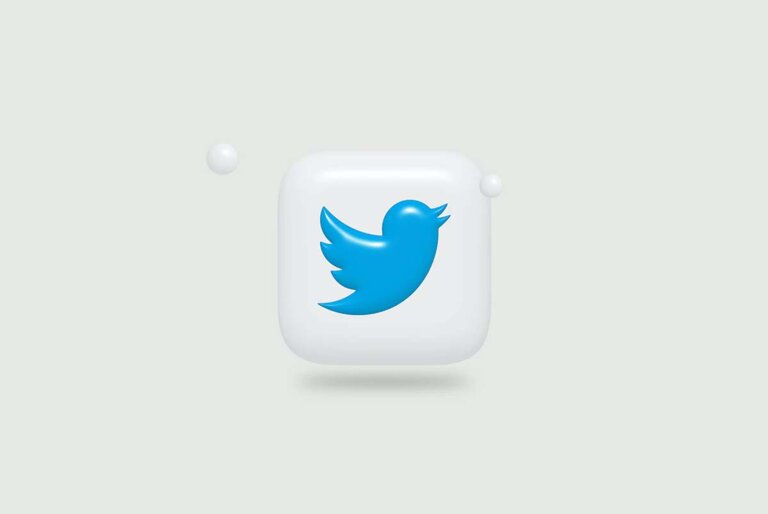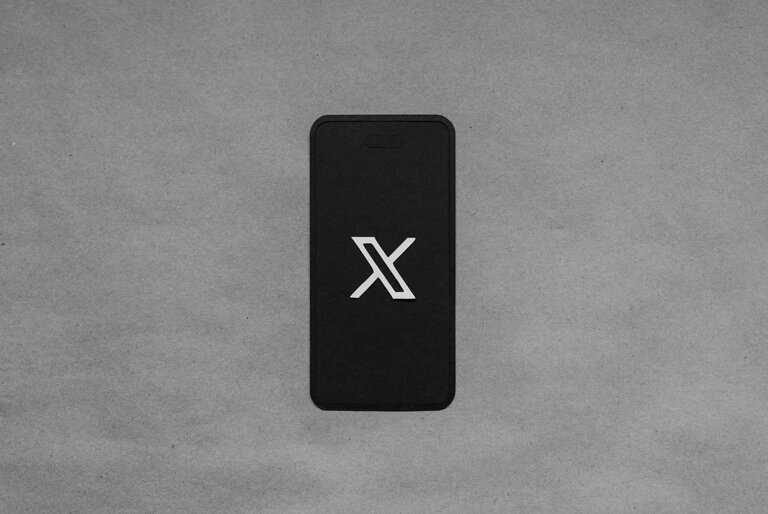Twitter announced a new reading paywall that will limit the number of tweets that non-verified users can see per day. The move is part of the company’s efforts to monetize the platform and prevent data scraping by AI startups.
According to a tweet by Twitter’s owner and CEO Elon Musk, unverified users will only be able to see 600 tweets per day, while new unverified users will be restricted to 300 tweets per day. Verified users, who have to pay for the Twitter Blue subscription or have more than a million followers, will be able to see up to 6,000 tweets per day.
Musk said that the reading paywall is a “temporary” measure to protect Twitter from “several hundred organizations (maybe more) that were scraping Twitter data extremely aggressively, to the point where it was affecting the real user experience.” He added that the rate limits would “soon” increase to 8,000 tweets for verified users, 800 for unverified users, and 400 for new unverified users.
The reading paywall is not the only change that Twitter has made to limit access to its content. The company has also started blocking unregistered users from viewing tweets and profiles on its website. This means that anyone who is not logged in to a Twitter account will not be able to see any tweets or user information, regardless of whether they are public or not. A sign-in prompt will appear instead, asking them to either login or create a new account.
The blocking of unregistered users has sparked confusion and frustration among many people who used to browse Twitter without an account. Some have wondered whether it was a glitch or a deliberate move by Twitter, which has not made any official announcement about it. Others have criticized it as a violation of net neutrality and user privacy rights, as well as a hindrance to journalism and public discourse.
The reading paywall and the blocking of unregistered users are the latest in a series of changes that Musk has implemented since he bought Twitter last fall. He has also announced a three-tier API change that would charge for the use of Twitter’s API, and laid off more than half of Twitter’s staff, including engineers and managers.
The changes have sparked backlash from users, journalists, and civil society groups, who have criticized Musk for undermining Twitter’s role as a public platform for free expression and information.
Also read: Zuckerberg and Musk cage fight: A tech billionaire brawl for the ages?
Some experts have also doubted the effectiveness of the reading paywall and the blocking of unregistered users as ways to prevent data scraping by AI companies. They argue that AI startups can easily bypass the paywall and the blocking by creating multiple accounts or using proxies. They also point out that data scraping is not illegal per se, and that it can have positive applications for research and innovation.
Image: Sunny Hassan from Unsplash



